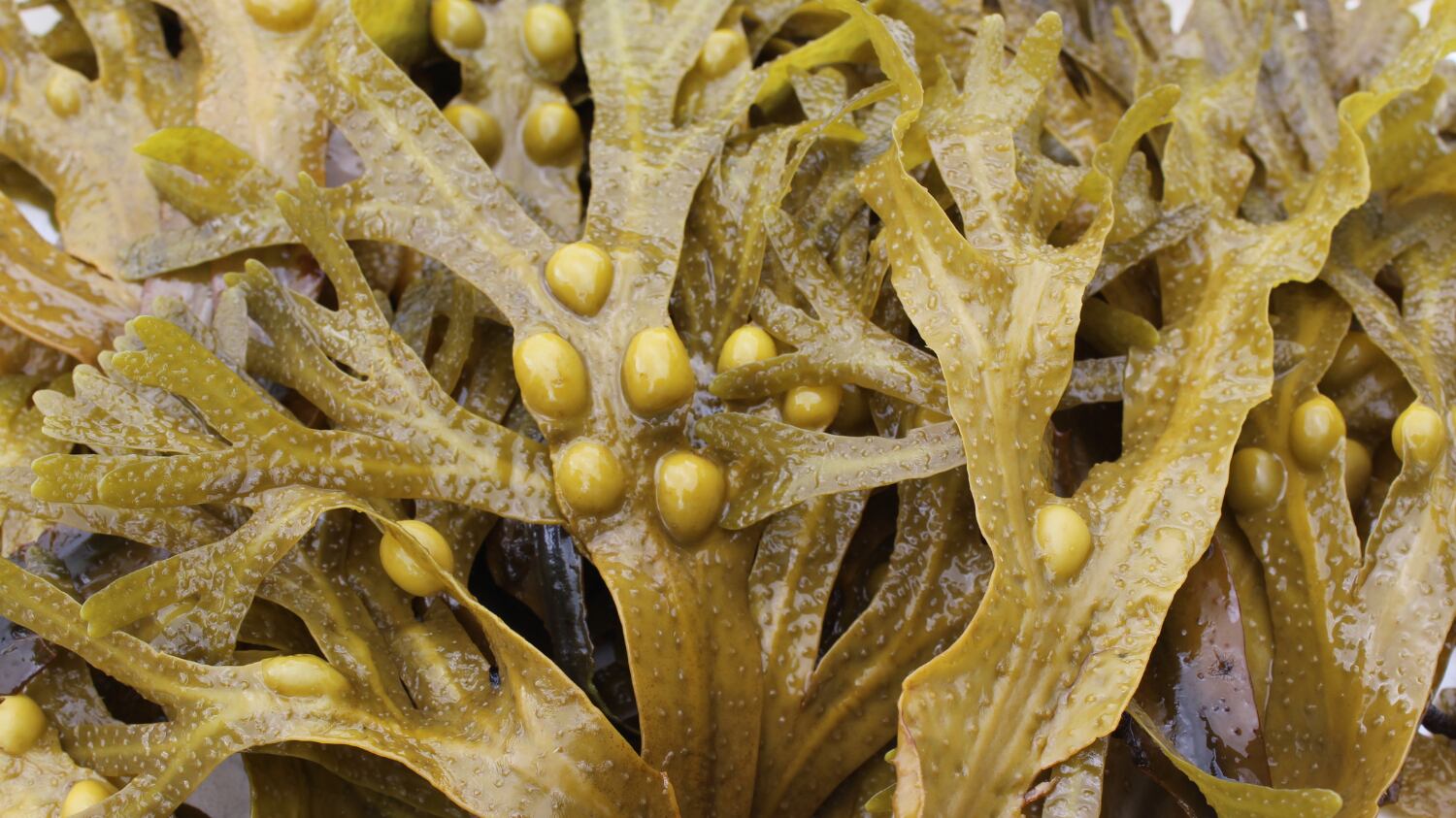According to the in vitro study, published in the journal Marine Drugs, fucoidan's biological pathways display the ability to fight cancer cells.
This finding is the latest in a growing area of research into the multiple health benefits of seaweed and fucoidan.
Brown seaweed has long been used in complementary medicine, and fucoidan has been especially significant in integrative oncology. In fact, cancer patients in various Asian countries often receive supplements and beverages containing fucoidan to complement their medical treatments.
Marine mechanisms
In this study, the researchers used proprietary Maritech fucoidan extracts developed by Australian biotechnology firm Marinova.
The extracts were taken from Undaria pinnatifida (a species of edible seaweed more commonly known as wakame), which is said to possess over 85% purity.
Previous in vitro studies and pre-clinical animal trials have demonstrated the anti-cancer impact of Maritech fucoidan, which includes tumour growth reduction and the enhancement of chemotherapy's therapeutic effects.
However, this study may be the first to have elucidated the precise mechanism of action behind these results.
The researchers reported that Maritech fucoidan had shown beneficial effects on several anti-cancer pathways, including cell cycle arrest, DNA damage, RNA metabolism, and protein synthesis.
These findings indicate that fucoidan can limit cancer cells' ability to utilise energy, create proteins, and repair damage to themselves.
A particularly important observation was that Maritech fucoidan worked selectively: while it was shown to fight cancer cells, it did not affect the normal, healthy cells used as a control, giving credence to its safety as an adjunct treatment to standard cancer therapy.
According to Dr Helen Fitton, Marinova's chief scientist, this was the first study to have screened fucoidan against a gene library in order to explore every possible pathway of action.
She added that researchers now had "a more complete picture" of the mechanisms behind fucoidan's anti-cancer effects, opening the door to new insights for further research, as well as the development of new complementary therapies.
Clinical context for cancer
In terms of human clinical trials on the anti-cancer benefits of fucoidan, Fitton told NutraIngredients-Asia that there had been a number of human integrative oncology clinical trials conducted using Maritech fucoidan, "with a priority to confirm its safety and efficacy alongside hormone therapies and chemotherapy".
"We believe it is important for patients and their physicians to have confidence that any natural products taken during cancer therapy are safe and do not cause adverse interactions.
"Other clinical trials have found that fucoidan has the potential to alleviate the common side effects of chemotherapy. Maritech fucoidan was shown to significantly reduce joint pain in two separate clinical trials and, more broadly, demonstrated the ability to reduce both fatigue and systemic inflammation in cancer patients."
She added that Marinova intended to continue research in this area, including additional human clinical studies targeting both safety and efficacy.
The therapeutic potential of fucoidan-containing supplements alongside cancer treatments is another area the firm keen on.
Fitton said: "These research findings further reinforce the need to use traceable, high-purity fucoidan extracts in complementary products. Ingredients in such formulations need to be comprehensively tested and understood..
"Amongst other factors, the purity and source of fucoidan are vital in an application as important as integrative oncology, where end-users are often very sick and taking other medications."
In addition to the study's findings on Maritech fucoidan's impact on colon, colorectal and prostate cancer cells, the ingredient has been studied for its anti-cancer activity across a wide range of tumour types.
Fitton said it had been found to decrease the growth of an ovarian tumour line by up to 33% and cervical cancer by up to 70%.
Separate breast cancer research had also shown that Maritech fucoidan could improve the effectiveness of chemotherapy, where it reduced breast cancer tumour growth by up to an additional 26% when taken alongside tamoxifen in a mouse model.
"As a water-soluble, shelf-stable powder, it is an ideal base for inclusion in a diverse range of formulations — from beverages through to functional foods and dietary supplements," said Fitton.



